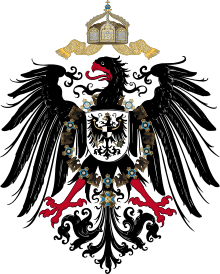Order of Theresa

The Order of Theresa was an order for noble ladies in the Kingdom of Bavaria. It continues to function today as an honorary society to which belong the princesses of the House of Wittelsbach as well as other ladies from Bavarian noble families.
The order was founded December 12, 1827 by Queen Therese of Bavaria, wife of King Ludwig I of Bavaria.[1] She established an endowment which paid an annual pension to twelve unmarried noble ladies, six of whom received 300 guilders and six of whom received 100 guilders. The pension ceased when a member married; if, however, the marriage was according to the rank of the member, then the lady was permitted to continue to wear the insignia of the order and be known as an Ehrendame (Lady of Honour).
Various other ladies also held the rank of Ehrendame including all the princesses of the House of Wittelsbach. Bavarian ladies paid a reception fee of 55 guilders while foreign ladies paid 220 guilders.
The insignia of the order is worn on the left breast and consists of a blue-enameled Maltese cross with a wide white edge, over which is placed a gold royal crown.[1] In the four angles of the cross are lozenges with the blue-and-white arms of Bavaria. At the centre of the cross is a gold bordered white circular medallion decorated with the letter T. On the back of the medallion is the year 1827 and the motto of the order “Unser Leben sey Glaube an das Ewige” (Our life is Faith in Eternity).
The ribbon of the order is white with two sky-blue stripes at the edge, the inner stripe being narrower than the outer stripe. The sash of the order is a similarly-coloured broad ribbon, worn diagonally from the right shoulder to the left hip.
Among the current Ladies of Honour of the order is the Hereditary Princess of Liechtenstein.
Grand Mistresses
- Queen Therese of Bavaria (1827-1854)
- Queen Marie of Bavaria (1854-1889)
- Princess Ludwig of Bavaria, later Queen Maria Theresia of Bavaria (1889-1919)
- Crown Princess Antonia of Bavaria (until 1954)
- Duchess Maria of Bavaria, first wife of Duke Albrecht of Bavaria (until 1969)
Notes
Further reading
- Schreiber, Georg. Die Bayerischen Orden und Ehrenzeichen. München: Prestel, 1964.
External links
| Wikimedia Commons has media related to Order of Theresa. |

